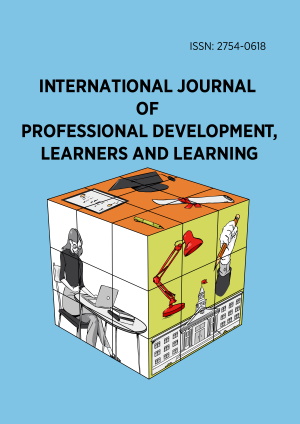Volume 4, Issue 1, January 2022
Research Article
International Journal of Professional Development, Learners and Learning, 4(1), January 2022, ep2201, https://doi.org/10.30935/ijpdll/11419
Research Article
International Journal of Professional Development, Learners and Learning, 4(1), January 2022, ep2202, https://doi.org/10.30935/ijpdll/11666
Research Article
International Journal of Professional Development, Learners and Learning, 4(1), January 2022, ep2203, https://doi.org/10.30935/ijpdll/11832
Research Article
International Journal of Professional Development, Learners and Learning, 4(1), January 2022, ep2204, https://doi.org/10.30935/ijpdll/12009
Review Article
International Journal of Professional Development, Learners and Learning, 4(1), January 2022, ep2205, https://doi.org/10.30935/ijpdll/12010

 The articles published in this journal are licensed under the CC-BY Creative Commons Attribution International License.
The articles published in this journal are licensed under the CC-BY Creative Commons Attribution International License.